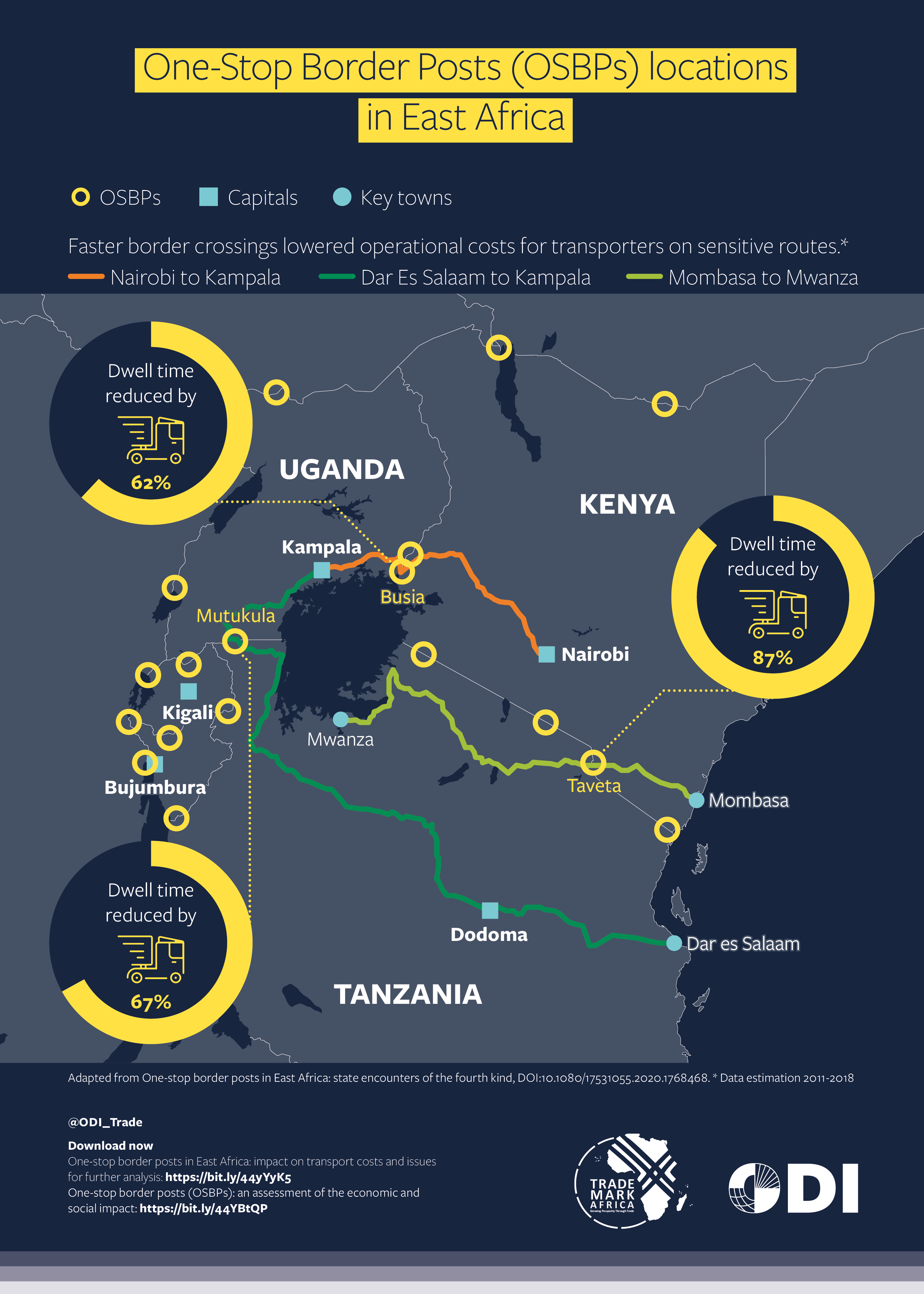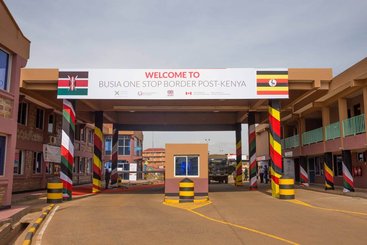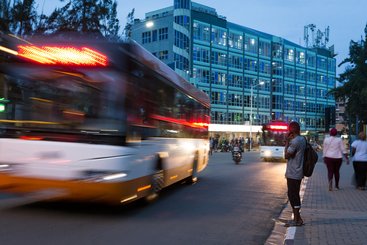Trade is essential for economic growth and development in East Africa. However, trade has been hampered by various challenges, including long wait times for customs clearance and duplication of procedures. To address these challenges, the use of One-Stop Border Posts (OSBPs) has been implemented in East Africa.
This report assesses the impact of OSBPs on transport times and operational costs in the region, with a focus on the impact of OSBPs supported by TradeMark Africa (TMA).
The report's findings show that the use of OSBPs has led to significant reductions in transport costs and the total dwelling time for transport companies, with reductions ranging from 62% to 87%. The reduction in dwelling times owes to significant cuts in the time it takes for customs procedures, leading to a reduction in queuing times. The impact is more significant for borders that had long crossing times to start with, with Holili (Kenya-Tanzania) and Mutukula (Uganda-Tanzania) experiencing a reduction larger than a full driver-day equivalent.
The report also found that the reductions in dwelling times have been greater at the border posts located in Uganda and Tanzania, with reductions being lower at border posts located in Kenya. The consequent reduction in operational transport costs is higher for traffic entering Uganda and Tanzania, leading to a substantial fall in operational costs for transporters on key routes such as Nairobi-Kampala, Mombasa-Mwanza, and Dar es Salaam-Kampala.
The report's estimates can be used as a starting point for a fuller impact assessment in subsequent analysis.






